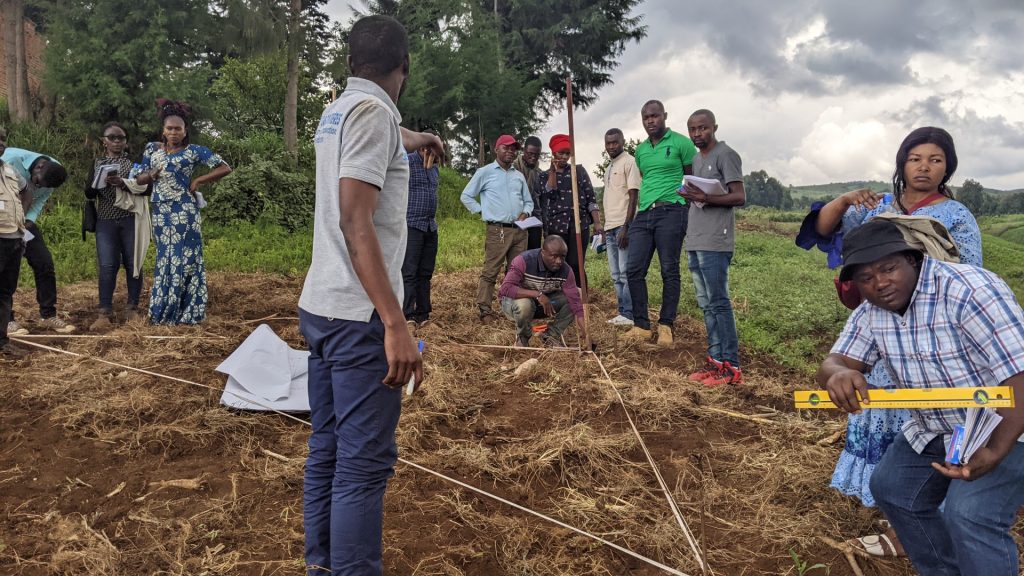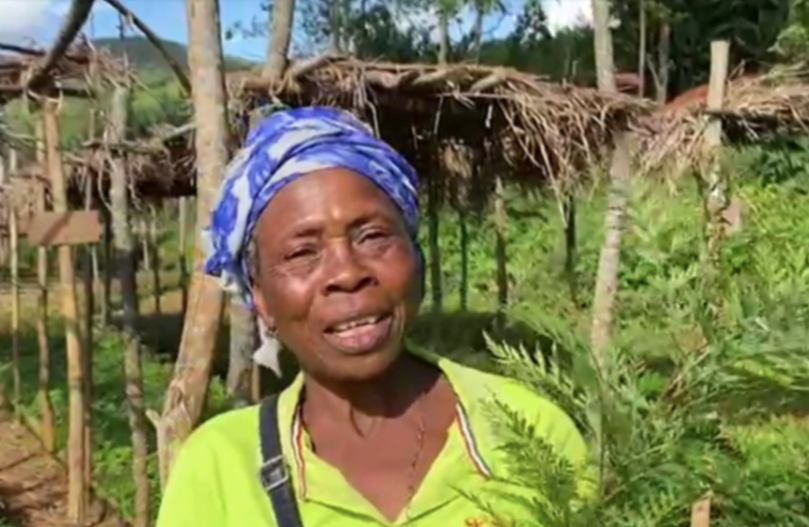Rebuilding and Restoring the forestry of the DRC
In the Democratic Republic of Congo (DRC), the Restoration Initiative (TRI) addressed severe forest degradation in the Walungu territory of South Kivu Province. This region, once teeming with rich forest cover and biodiversity, has been degraded due to unsustainable agricultural practices and overexploitation of timber resources. Furthermore, these forests serve as one of the last remaining habitats for the endangered Eastern Lowland Gorilla. TRI’s project focused on agroforestry, reforestation, and erosion control to restore these degraded landscapes, relying heavily on the guidance of indigenous knowledge to inform decisions and restoration strategies.
Restoration and Upliftment
TRI DRC achieved notable progress in restoration and reforestation throughout its course, bringing 2,163 hectares of land under restoration and 3,145 hectares of land under improved management, subsequently restoring the value of essential ecosystem services including soil stabilization, water retention, and increased biodiversity. The project worked closely with the indigenous communities and local engagement was central to the project’s prosperity. A total of 57,086 direct beneficiaries were impacted by TRI DRC, through upskilling, the diversification of income-generating activities, and playing pivotal roles in the restoration process. The meticulous process of selecting suitable restoration species was guided by traditional knowledge courtesy of specific locals.
One of the innovative practices of the TRI project was working through the local Dimitra Clubs to increase their reach in communities . These clubs raise awareness and mobilize both communities and local authorities around environmental issues and the need to implement restoration. Dimitra Clubs contribute to reawakening community dynamics around restoration and strengthen inclusive community engagement, collective action, and gender equality.… Read the rest

